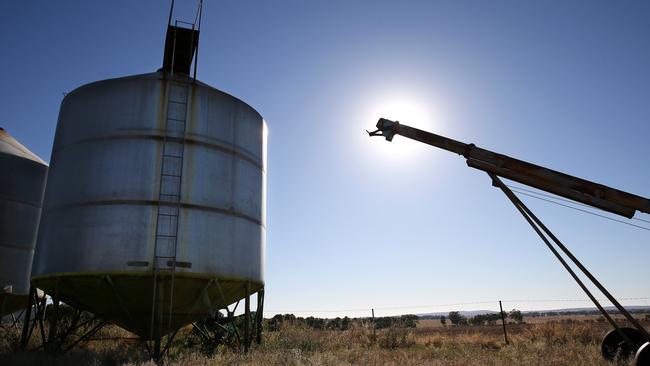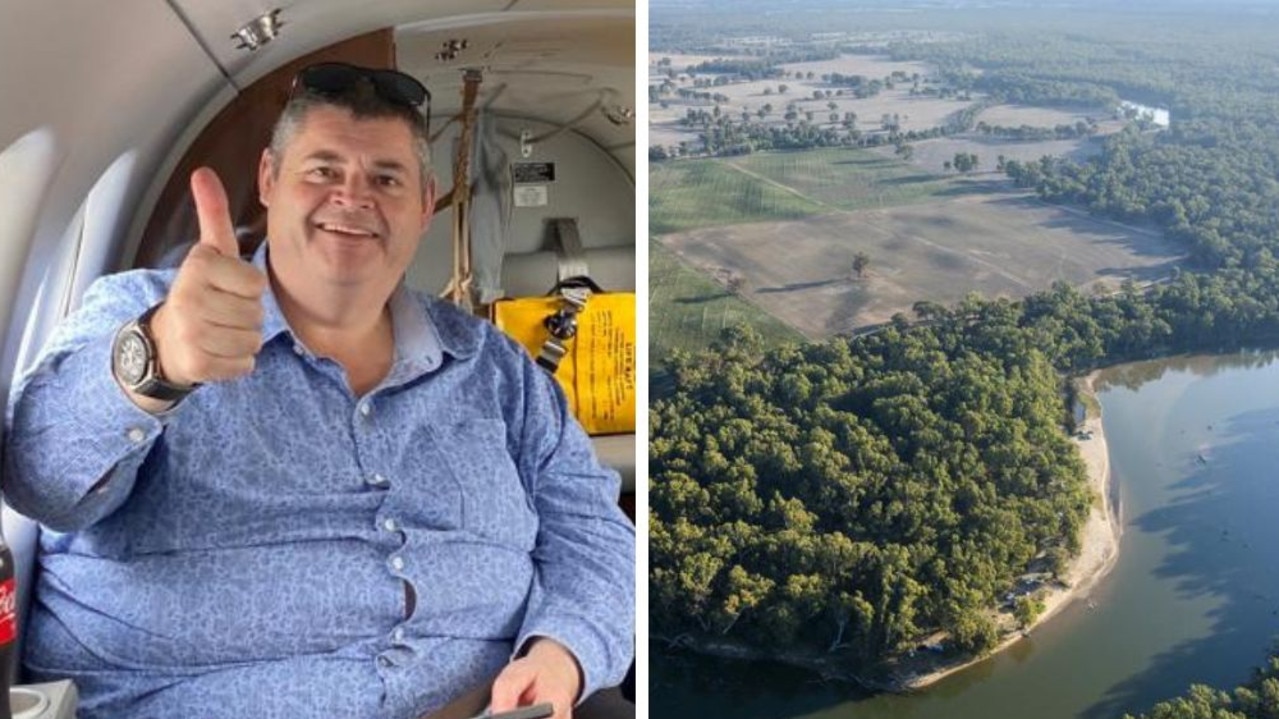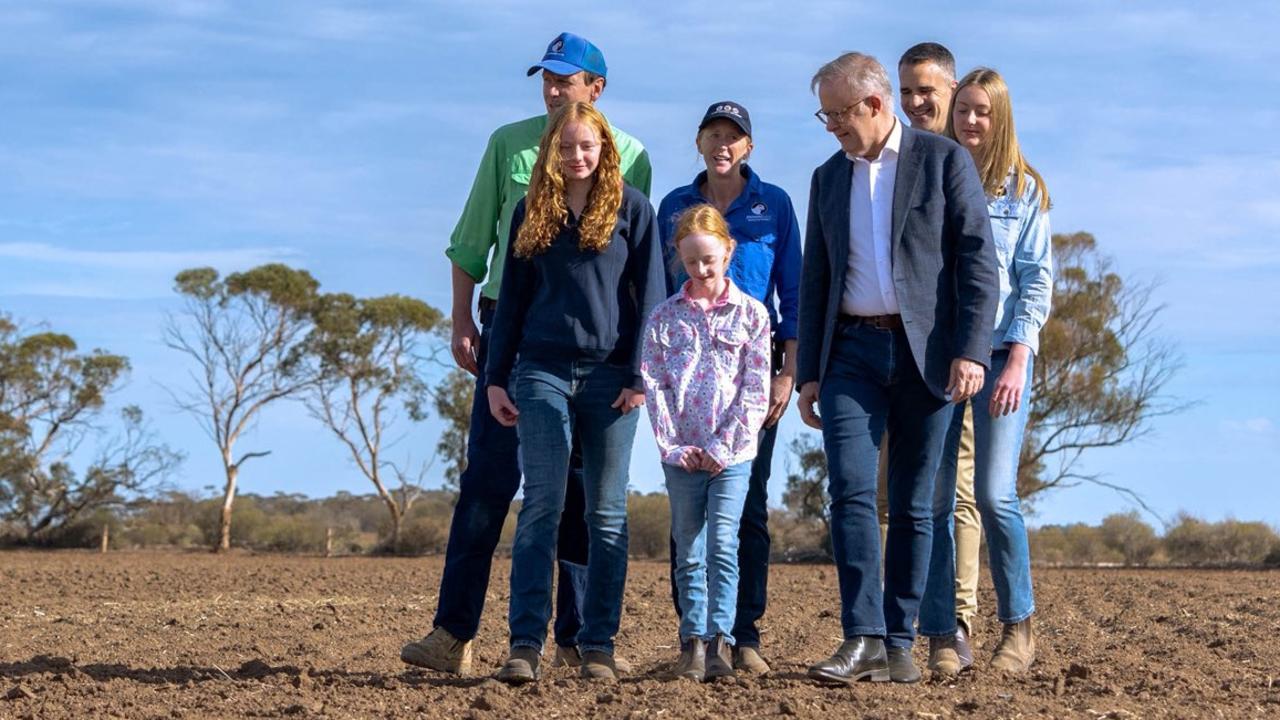Qantas Super defies reluctance of peers to invest $200m into agribusiness
Qantas Super is partnering privately owned agricultural investment company GO.FARM to transform under-utilised agricultural land in the NSW Riverina and northern Victoria.

Qantas Super has made a $200m investment in sustainable farming businesses.
The super fund, which has some $9bn in assets, is partnering with privately owned agricultural investment company GO.FARM in the deal which will seek to transform under-utilised agricultural land in the NSW Riverina and northern Victoria and other parts of Australia, into horticultural projects.
The $200m from Qantas Super will add to $150m already invested in two GO.FARM assets – the Riverina Trust and Sandmount Farms – to convert more than 5000ha of land with substantial water holdings into high yielding, water-efficient horticultural crops.
Qantas Super chief investment officer Andrew Spence said the deal highlighted the “immense potential” of the agricultural sector in Australia.
With some notable exceptions from funds such as Rest, Aware and Cbus, the super fund sector in Australia has been reluctant to invest in the agricultural sector, wary of its potential for volatile returns as a result of weather changes, the changing economics of different commodities and high local production costs.
Mr Spence said the co-investment with GO.FARM would “provide access to high quality investment opportunities” which offered strong, long-term returns.
He said GO.FARM had a “clear plan to drive productivity gains, responsible agricultural practices and generate returns for investors”.
GO.FARM chief executive Liam Lenaghan, who will be a speaker at The Australian’s latest Global Food Forum in Brisbane on July 17, said the deal highlighted the potential opportunities for investment in agriculture for the superannuation sector.
He said the sector had a low correlation with other asset classes and had historically performed well in periods of high inflation.
“It has attractive, risk-adjusted returns on land value and water, with farmland having a 20 year compound annual growth rate of 8.5 per cent and water rights a 15 year compound annual growth rate of 6.7 per cent,” he said.
Mr Lenaghan said the sector had the potential to drive high returns through investments in agtech, data analysis and changes in practices.
“Australia is close to growing markets, with agricultural exports already sitting at $80bn and three billion consumers about to enter the middle class by 2050,” he said.
“With the Australian dollar at decade lows, and unprecedented interest in climate-smart investment opportunities and demand for high quality agri products, there has never been a better time to invest in Australian agriculture.”
Established in 2013 by Mr Lenaghan, a fifth generation farmer based in Melbourne, with the backing of the Costa family, GO.FARM has about $1.1bn in assets under management.
It focuses on potential turnaround opportunities in the agricultural sector by introducing more efficient and sustainable practices.
GO.FARM is one of Australia’s largest producers of field tomatoes, almonds and farm grains, oil seeds, pulses, citrus and wine grapes, overseeing about 88,000ha of land and 94,000 megalitres of water in NSW, Victoria and Tasmania.
The projects being backed by Qantas Super include Sandmount Farms which has a 445ha almond orchard and a 71ha mandarin project, and the Riverine Trust which had irrigation properties near Griffith.
Mr Lenaghan said the farm land sector in Australia was “at a point of inflection” where it could attract a “new wave of capital investment” including more super fund investment.
He said there was growing interest in the sector which he said was emerging as a new asset class “given society’s changing expectations of its food production systems”.
He said there was also a growing interest by institutional investors in seeing how they could use their balance sheets to “drive change”, including the move to decarbonisation and the use of renewable energy.




To join the conversation, please log in. Don't have an account? Register
Join the conversation, you are commenting as Logout